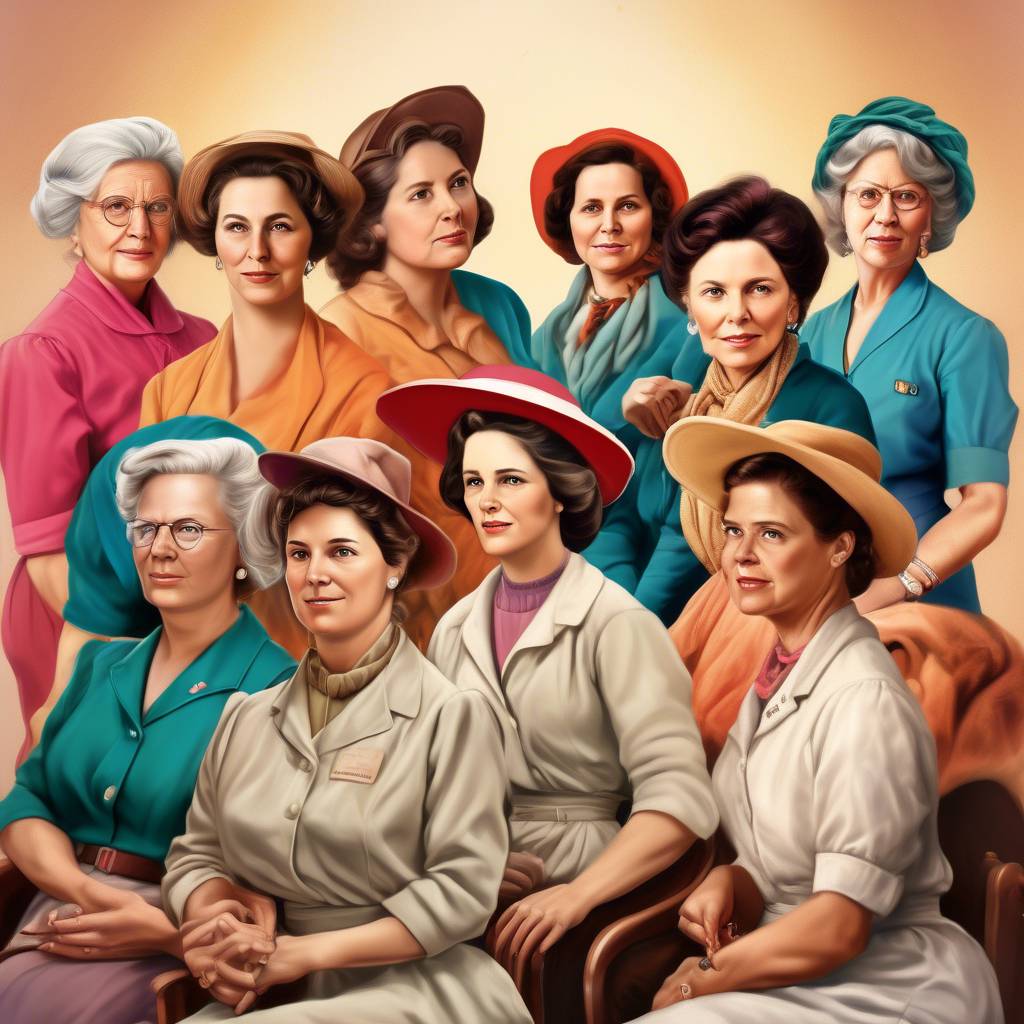In the development of in-vitro fertilization (IVF), women scientists played a vital role in working alongside their male counterparts to create a procedure that would revolutionize infertility treatments. From Miriam Menkin, who worked with Dr. John Rock in the 1930s and 40s to become the first person to fertilize an egg outside of the body, to Georgeanna Jones, who co-founded the IVF clinic where the first U.S. IVF baby was born, women have been instrumental in advancing IVF technology. Their contributions have paved the way for thousands of families to have children through IVF each year.
Jean Purdy, a nurse who taught herself embryology while working with British researchers Robert Edwards and Patrick Steptoe, played a crucial role in the birth of Louise Brown, the world’s first IVF baby. Despite her significant contributions to the field, Purdy did not receive the recognition she deserved during her lifetime. Similarly, Georgeanna Jones, a reproductive endocrinologist who worked with her husband Howard Jones, faced challenges in establishing the first IVF clinic in the U.S. Their perseverance resulted in the birth of Elizabeth Carr, the first U.S. IVF baby, and paved the way for future advancements in reproductive technology.
Elizabeth Carr, now a patient advocate, was the first IVF baby born in the U.S. in December 1981. She grew up attending IVF baby reunions and has been a vocal advocate for IVF and infertility awareness. Following a recent legal ruling that labeled frozen embryos as children under state law, Carr highlighted the importance of protecting access to IVF for individuals facing infertility. She emphasizes the need for national support and insurance coverage to ensure that everyone has access to fertility treatments regardless of their political beliefs or personal circumstances.
The legacy of these pioneering women in IVF continues to impact the lives of individuals and families around the world. Their dedication to overcoming challenges and pushing the boundaries of science has opened up possibilities for those struggling with infertility. As IVF technology continues to evolve and improve, it is essential to recognize the contributions of the women who played a key role in its development. By advocating for greater access to IVF and fertility treatments, we can ensure that more people have the opportunity to fulfill their dream of starting a family.
Overall, the history of IVF is a testament to the perseverance and dedication of women scientists who worked tirelessly to develop a groundbreaking medical procedure that has changed the lives of countless individuals. Through their collaborative efforts with male counterparts and innovative approaches to reproductive technology, these women have left a lasting impact on the field of infertility treatment. As we celebrate Women’s History Month, it is important to honor the contributions of these unsung heroes in the development of IVF and continue to support advancements in fertility treatments for all individuals in need.









